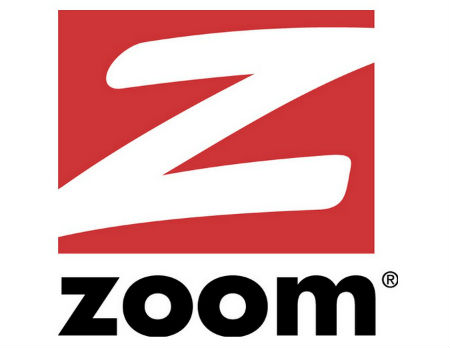Zoom CEO: Moto Deal Carries Risks, Rewards
The smarter way to stay on top of the multichannel video marketplace. Sign up below.
You are now subscribed
Your newsletter sign-up was successful

Zoom Telephonics is a small company that will soon gain access to a big name brand – Motorola.
Zoom, under an exclusive five-year licensing agreement announced earlier this week, will use the Moto brand in cable modems/routers and set-tops (as well as cable modems inside set-tops) sold at retail in the U.S. and Canada.
The deal, Zoom CEO Frank Manning said Tuesday on a conference call, carries “significant upside with some risk.”
The upside is obvious – Zoom, which sells cable modems and gateways at outlets such as Best Buy, Micro Center, Staples and Walmart, believes it stands to sell more products at retail using a better-known consumer brand.
“We’ll be doing the same for the Motorola brand and we should be able to expand the number of retailers and service providers who buy from us,” Manning said. “This won’t be easy. Zoom will… compete with powerful companies, including Arris and Netgear for shelf space and sales."
Now, the risks. Zoom has not announced the specific terms of the licensing agreement other than to say it has agreed to pay Motorola Mobility a one-time set-up fee and a royalty based on net sales, but Manning acknowledged that his company has “made significant financial commitments” in doing the deal.
Zoom will be also paying to use Motorola’s brand on products that are already affixed with notoriously thin margins (even with the retail markup), but Manning believes the Motorola label will help it overcome that challenge.
The smarter way to stay on top of the multichannel video marketplace. Sign up below.
“Even with those [financial] commitments, we believe that Zoom’s cable modem margins after licensing fees should stay the same or increase given Motorola brand's power,” he said.
Zoom, he added, also plans to raise additional funds to provide working capital to finance the growth it hopes to generate with the new branding strategy, but said it was too early to provide those details.
Manning also believes that Arris, which has rights to the Motorola brand through the end of this year, is taking on some risk by leaving the Motorola brand behind.
Arris seems to agrees that it could face some challenges at retail without Motorola on its banner.
“Shelf space in retail outlets can also be impacted by how recognizable a brand is by customers,” Arris said in this recent 10-Q filing. “If we are unable to successfully rebrand those products, our sales in those regions and channels may decrease. Further, the loss of the use of the ‘Motorola’ brand may result in a lower amount of shelf space, or space in less desirable areas, which may impact our sales.”
Arris has been trying to build consumer awareness of its brand through initiatives such as its sponsorship of Carl Edwards in the No. 19 Toyota Camry. But how much Arris truly has at stake at retail is not easy to determine, since the company does not break out how much cable CPE revenues comes in from that channel. On Tuesday’s call, Manning helpfully estimated that Arris’s Motorola brand sales are presently in the range of $50 million to $100 million per year.
Zoom would do well if it’s able to grab just a portion of that, as the Boston-based company generates annual sales of about $12 million. In the first quarter of this year, Zoom posted revenues of $3.06 million, down slightly from the year-ago quarter primarily to reduced sales of dial-up modems.
Arris, meanwhile, is in the cat bird’s seat of cable broadband CPE. According to Infonetics Research, Arris ended 2014 with 36% share of global revenue in the category, followed by Cisco Systems (19%) and Technicolor (13%).
Jeff Heynen, the research director for broadband Access and pay TV at Infonetics, said Zoom and other cable modem makers could see greater opportunity at retail as more consumers cut the pay TV cord and go broadband only, paired with the trend toward rising equipment lease fees.
Manning also discussed Zoom’s plans to use the Moto brand on products other than modems and routers, noting that the roadmap includes CPE that can support cable VoIP services as well.
The branding license also covers set-tops should Zoom decide to branch off in that direction.But don't hold your breath.
“We're not even sure that we will enter the [set-top] area, but we wanted to have that right to [use] the Motorola brand,” Manning said. “As hard as the cable modem business is to enter, I think the set-top box business is even harder."
